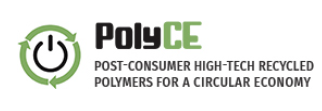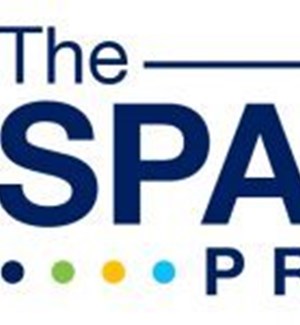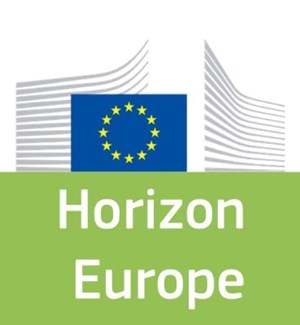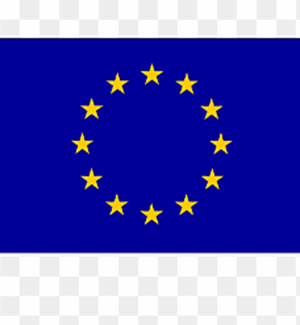- Sitraplas GMBH,
- Fundacion Tecnalia Research & Innovation,
- Universiteit Gent - Belgium,
- Katholieke Universiteit Leuven - Belgium,
- Ecodom-Consorzio Italiano Per Il Recupero E Riciclaggio Elettrod,
- Technical University of Berlin - Germany,
- Philips Consumer Lifestyle BV,
- United Nations University,
- The University Of Northampton Higher Education Corporation,
- MGG Polymers GMBH,
- ONA Product SL,
- Circular Devices OY,
- Kunststoffweb GMBH,
- Pezy Group BV - Netherlands,
- Ul International France SA,
- European Environmental Bureau,
- Whirlpool Emea SPA,
- Prolabin & Tefarm SRL,
- The Imagination Factory SRL,
- Philips Electronics Nederland BV - Netherlands,
- Erion Compliance Organization Scarl - Italy
Various activities address the WEEE value chain in order to reduce waste generation and enhance the sustainable resource management through use of recycled materials instead of their virgin counterparts. While the system for metals recycling is already well established, the rising volumes of waste plastics point to stalemates in the current plastics economy, which hamper its shift to a more circular model. Although there are individual efforts to improve the collection and recycling of WEEE plastics, the plastics value chain is still too fragmented and WEEE recycled plastics seem unattractive material for the end-user. To shift towards circular economy a systematic transformation is required, involving all actors in the value chain and encompassing the entire lifecycle of plastic materials. While substantially reducing the WEEE plastics generation and enhancing the use of recycled plastics in new applications, PolyCE will demonstrate the feasibility of circular plastics supply and value chain. In particular, PolyCE will elaborate harmonized set of technical requirements addressing the entire value chain and develop grade system for recycled plastics according to their material properties and final application suitability. Accordingly, PolyCE will strengthen the market for recycled plastics through an online platform integrating the different plastic grades. In parallel, the technical and economic feasibility as well as environmental benefits of using recycled plastics will be validated in several electronics demonstrators. In addition, PolyCE will provide Guidelines for designing new electronics products with recycled plastics. The project’s impact will be scaled up by involving target cities and their green public procurement initiatives; by EU-wide information and awareness raising campaigns. PolyCE will establish a feedback loop from the research activities, provide policy input regarding technical feasibilities and policy conflicts from technical perspective
Want to analyze based on this project via our analysis tool? Analyze this project
Knowledge Gaps
Characterization test methods
Environmental fate and behavior of plastic
Consumer exposure
Degradation
Environmental effects and ecotoxicity
Testing considerations-general
Environmental risk assessment (ERA)
Characteristics of plastic-general
Environmental exposure
Tools to limit release
Effects assessment-general
Chronic or long-term effects, multiple forms and/or sources
Fate and behavior within an organism
Human toxicity
Publications




